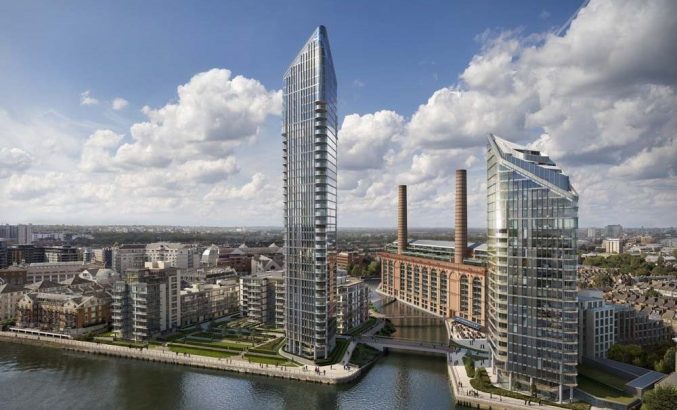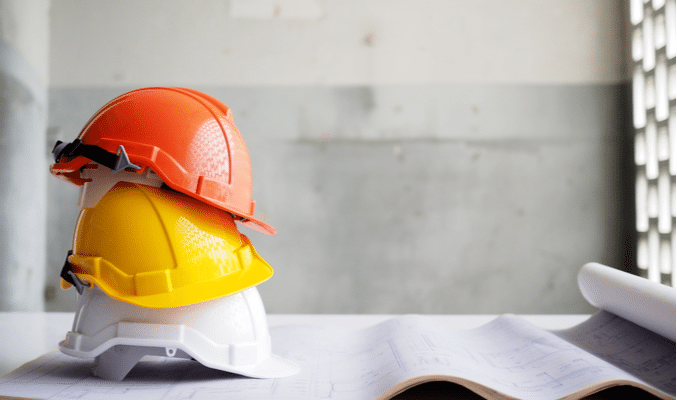Pleas for stamp duty extension as house prices jump again
By Laura Miller

Home prices jumped again in November by almost 1%, continuing their meteoric rise even as homeowners are beginning to lose confidence in the strength of ever higher valuations.
Property prices increased by 0.9% in November, according to the Nationwide House Price Index, putting annual house price growth at 6.5%, a level not seen since January 2015.
This latest monthly increase has raised the average price of a home in Britain to £229,721, according to the building society.
House market activity has remained robust despite weakening signs in the wider economic recovery of the country. October saw property transactions rise to 105,600, the highest level since 2016, while mortgage approvals for house purchase in the same month were at their highest level since 2007 at around 97,500.
Exuberance among homeowners is starting to look frothy, however, as fewer people thought the value of their property rose in November. According to the latest Halifax House Price Sentiment Tracker 14% of those asked felt the value of their home rose over the last month, down from 17% in September and October.
Robert Gardner, Nationwide’s chief economist, said: “The outlook remains highly uncertain and will depend heavily on how the pandemic and the measures to contain it evolve as well as the efficacy of policy measures implemented to limit the damage to the wider economy.”
Behavioural shifts as a result of Covid-19 may provide support for housing market activity, while the stamp duty holiday will continue to provide a near term boost by bringing purchases forward.
Guy Harrington, CEO of residential lender Glenhawk said: “The stampede to complete transactions before the stamp duty holiday ends in April continues to fuel this artificial mini boom, even as we head for what some are predicting will be the worst recession in 300 years.”
Nationwide forecasts housing market activity will slow in the coming quarters, “perhaps sharply, if the labour market weakens as most analysts expect, especially once the stamp duty holiday expires at the end of March,” said Gardner.
Extending the stamp duty holiday looks likely to be the only way to avoid a painful market slump, Harrington said, but he added “although this type of artificial government stimulus never ends well”.
Behavioural changes are affecting property prices in some locations. Nationwide reported property located within a national park attracts a 20% premium over an otherwise identical property, worth around £45,000 in cash terms based on the current average UK house price
Anna Clare Harper, chief executive of asset manager SPI Capital, said: “The desire for more space – inside and outdoors – is reflected in the types of property being purchased. This highlights a truth not always considered: the housing market is not one single market.”
Those thinking about buying a property in this fast-changing environment should be clear about what they can afford and what the property is worth to them – “as a home or as an investment – since the current rates of growth cannot be assumed to continue forever”, she added.
Joshua Elash, director of property lender MT Finance, called the Nationwide figures “as positive as they are fragile”. He said recently mooted changes to the capital gains tax treatment on property should be shelved, “lest the Chancellor risk significantly reducing the supply of property coming to market”, and the stamp duty holiday extended.
“With unemployment figures expected to hit high single digits and the full impact of the recession yet to bite, there remains a very real risk of a serious dip in house prices without the continued support of the government,” he said.

Laura Miller is a freelance journalist who writes about money and business. She regularly appears in UK national and trade newspapers and magazines, and has previously worked for ITV News and the Telegraph among others. Find her on twitter @thatlaurawrites










You must be logged in to post a comment.